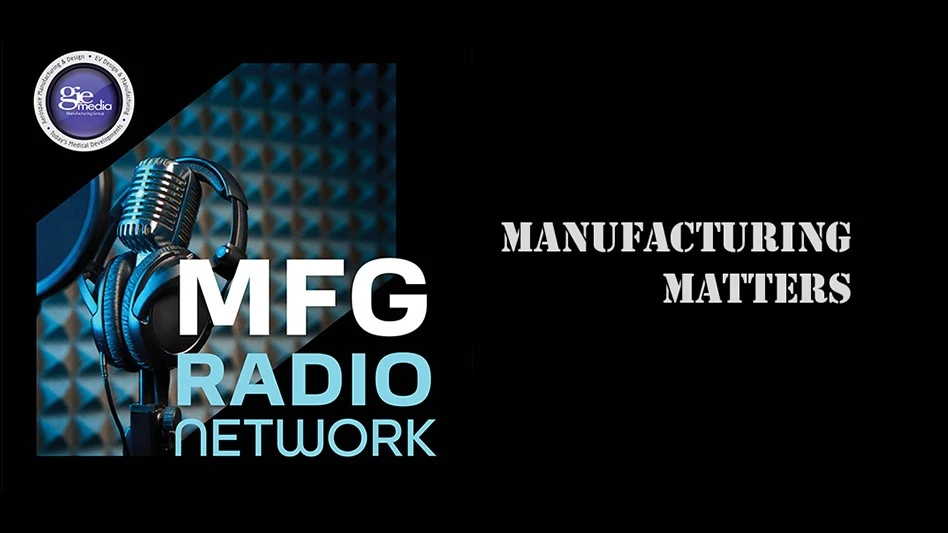
When Ford began offering the F-150 with turbocharged V-6 engines in 2009, there was a phrase that automotive executives (typically from General Motors [GM] and other competitors) used constantly.
“There’s no replacement for displacement!”
The simple phrase means that no matter how precise, technologically advanced, and efficient an engine could get, truck guys still wanted size. No turbocharger, advanced fuel injection system, or computer controller could replace the brute force of big cylinders that can convert fuel into power, noise, and smoky emissions.
They were wrong.
Ford replaced displacement with the twin-turbo EcoBoost line, growing sales and market share while simplifying its lineup by using fewer engine types. EcoBoost options are the most popular choices for the F-150, and GM’s Chevy Silverado now has a turbocharged engine option as well.
Between 2007 and 2010, the turbocharger went from an automotive oddity to a dominant technology for improving fuel economy without sacrificing performance.
I bring this up now because people are making similar comments about the quest for the electric pickup. With Ford and GM launching electric pickups within the next year and a host of startups – Bollinger, Canoo, Lordstown Motors, Rivian – entering the market later this year, consumers and commercial fleet owners will have a competitive number of options if they want to go electric.
So, I’m hearing some familiar grumbling. “Truck buyers want big trucks with V-8 engines.” “These guys want proven technology, not some science fair project.” “I don’t care how good electric motors are, truck guys want big, powerful engines.”
Maybe, but maybe truck buyers are more sophisticated than some people assume.
When Ford launched its turbocharged V-6 pickup, it offered more power and torque than a V-8 with better fuel economy. Buyers could tow and haul more goods, easily the top concern for commercial buyers.
For fleet managers who buy huge portions of the nation’s trucks each year, picking the next pickup is a spreadsheet-driven analysis, not a show of brand loyalty. Ford succeeded because fleet managers were able to project easy service (Ford’s network of dealers and parts suppliers for when things go wrong), lower fuel costs, and fewer trips per job (because of the increased capabilities).
Evaluating electric pickups will be similar. Fleet managers will likely lower expected service costs as electric vehicles (EVs) have fewer moving parts that can break down. Purchase costs are similar given how expensive work pickups already are, and many of the upcoming electrics promise huge power numbers.
Range limitations will make EV trucks unsuitable for some fleet buyers. Rural fleets where trucks must travel 300 miles before getting to the job will likely stick with gasoline or diesel. But, urban fleets will likely embrace EVs quickly for their promise to lower fuel costs, lower service costs, and offer higher capabilities.

So yeah, there is a replacement for displacement.
Get curated news on YOUR industry.
Enter your email to receive our newsletters.
Explore the May 2021 Issue
Check out more from this issue and find your next story to read.
Latest from EV Design & Manufacturing
- Drive Electric Earth Month kicks off across the US
- Coated carbide grades designed for turning titanium alloys
- #41 Lunch + Learn Podcast - SMW Autoblok
- Partnership to accelerate industrialization of immersion-cooled battery systems
- Phoenix Fluid Power to showcase e-mobility technology at Battery Show
- Porsche aims to recover valuable raw materials with battery recycling pilot project
- Mitutoyo releases portable surface roughness tester
- ION Storage Systems produces first multi-layer ceramic solid-state battery cell





